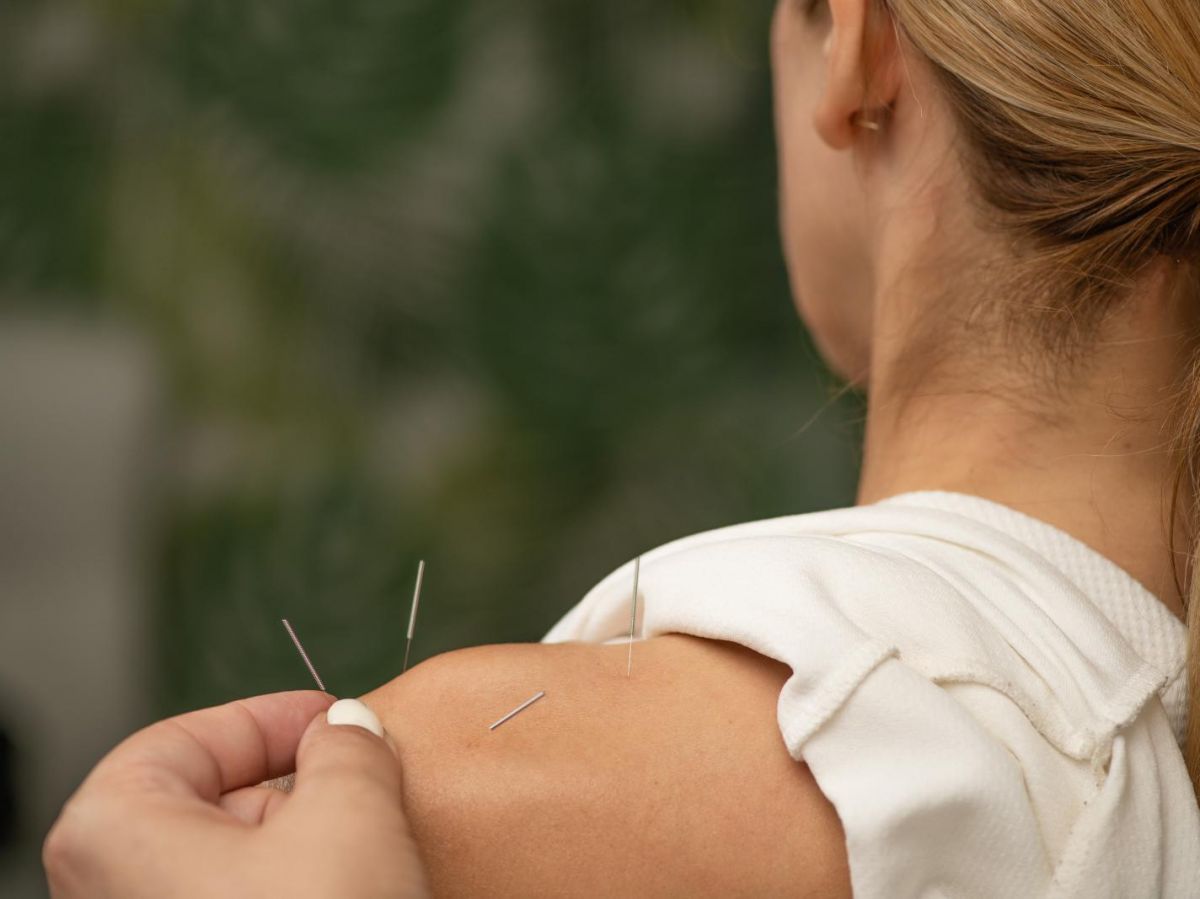This is a study that will inevitably disappoint those close to autistic people (700,000 in France) and who, according to various surveys, frequently (one in two) resort to so-called alternative medicines, a a very broad catch-all ranging from acupuncture to animal-mediated therapies, herbal medicine, music therapy and even probiotics, vitamin D…
If understanding the mechanisms responsible for autism spectrum disorders (ASD) remains uncertain to this day, this very vast Franco-British study, recently published in the journal Nature Human Behavior, is she categorical: none of the so-called alternative or complementary approaches provide any solid benefit, regardless of the age of the patients and their disorders.
Acupuncture, alternative diet and food supplements
As a reminder, faced with the particularly heterogeneous neurodevelopmental anomalies present in ASD, three types of approaches exist, all evaluated by this Franco-British team for several years:
- the psychosocial sphere (methods of support in learning, conditioning)
- that of pharmacology (no specific medication exists to date but the use of certain antipsychotics is possible)
- and finally that of alternative medicines.
“ There is little country-specific data, but it is estimated that in Asia the use ofacupuncture is common when Western countries turn more towards alternative diets and food supplements", specifies to Science and Future The first author of the study, Corentin Gosling, lecturer at the University of Paris Nanterre, neuropsychologist and researcher in the child psychiatry department of the Robert-Debré hospital.
Here, specialist teams from the universities of Paris Nanterre, Paris Cité and Southampton (United Kingdom) wanted to find out more about the effectiveness of these different approaches (19 in total). They have noworked directly with autistic people but carried out what is called an "umbrella" study, i.e. a super study bringing together several meta-analyses, here nearly 250, including 200 clinical trials involving more than 10,000 participants, as specified in the press release.
And the researcher continued: “ Our work not only finds a very high level of uncertainty about their effectiveness but also highlights a dimension that has been little studied until now, namely the analysis of the safety of these approaches, that is to say the occurrence of both side effects but also notions of acceptability and tolerability which had not been evaluated until now, and this for almost half of the interventions..
Read alsoAre complementary therapies really effective?
A platform to guide caregivers
The results of this work, put online on a platform only available for the moment in English, are already available for consultation but remain to this day a research tool. However, developments are planned. "In the coming months, they will be translated into several languages (French, Spanish, Chinese) and we will develop the platform by co-constructing it first with autism professionals (clinicians, psychologists) then with parents' associations and patients, to adapt as closely as possible to their daily needs," announces the researcher.
The idea is to eventually be able to transmit high-level scientific data to all those who care for autistic people using an easy-to-use tool that allows them to ultimately choose the best approach depending on age and type of disorder.


